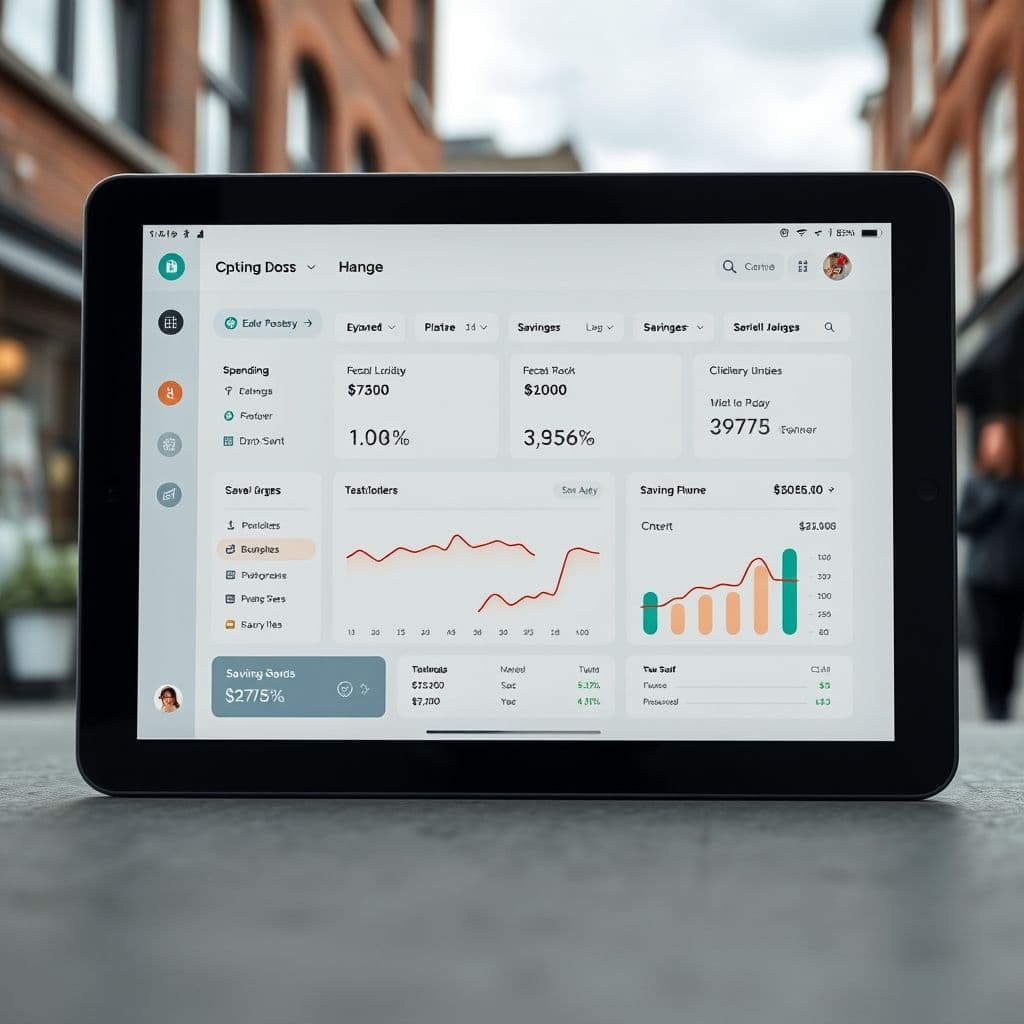The Struggle with Personal Finance Apps: A Better Way to Track Expenses

Managing personal finances is a challenge many of us face. Despite the abundance of finance apps, users often find themselves reverting to manual methods like spreadsheets. Why? Because existing solutions fail to address key pain points. Let's explore the problem and imagine a better way forward.
The Problem: Why Personal Finance Apps Fall Short
Many users struggle with personal finance apps for several reasons. First, the manual entry process can be tedious and time-consuming. Second, automated features often require linking bank accounts or credit cards, which raises privacy concerns. Third, the interfaces can be confusing, leading to frustration and abandonment. Comments like 'I couldn't use the app, so I went back to Excel' and 'How do I manually enter credit card expenses?' highlight these issues.

A Hypothetical SaaS Solution: Smarter Expense Tracking
Imagine a SaaS platform that combines the best of both worlds: intuitive manual entry and smart automation. This solution would offer a clean, user-friendly interface for manual expense logging, while also providing optional automated categorization for those who prefer it. The key differentiator? AI-powered budget suggestions based on spending patterns.
The platform could feature: 1) Flexible manual entry with customizable categories, 2) Optional bank/card linking with robust security, 3) Visual spending reports with actionable insights, 4) Collaborative budgeting for couples or families, and 5) Investment tracking integration.

Potential Use Cases and Benefits
This solution could help various users: 1) Privacy-conscious individuals who prefer manual entry, 2) Couples needing shared financial visibility, 3) Freelancers tracking irregular income, and 4) Beginners needing guidance. The AI suggestions could help users identify overspending (like the 'thousand reais on paçoca' example) and adjust habits accordingly.
Conclusion
While current finance apps serve many, they leave significant gaps in user experience and functionality. A well-designed SaaS solution that respects user preferences while offering intelligent insights could revolutionize personal finance management. The key is balancing automation with control, simplicity with powerful features.
Frequently Asked Questions
- How would this solution differ from existing finance apps?
- It would prioritize user control with excellent manual entry features while offering optional automation, unlike current apps that often force one approach. The AI-powered budget suggestions would be a unique value-add.
- What about security concerns with financial data?
- The hypothetical solution would implement bank-grade encryption and give users complete control over what data is shared, addressing common privacy worries.
- Could this work for couples managing shared finances?
- Yes, collaborative features would allow partners to track shared expenses while maintaining individual spending visibility, solving a common pain point mentioned by users.


